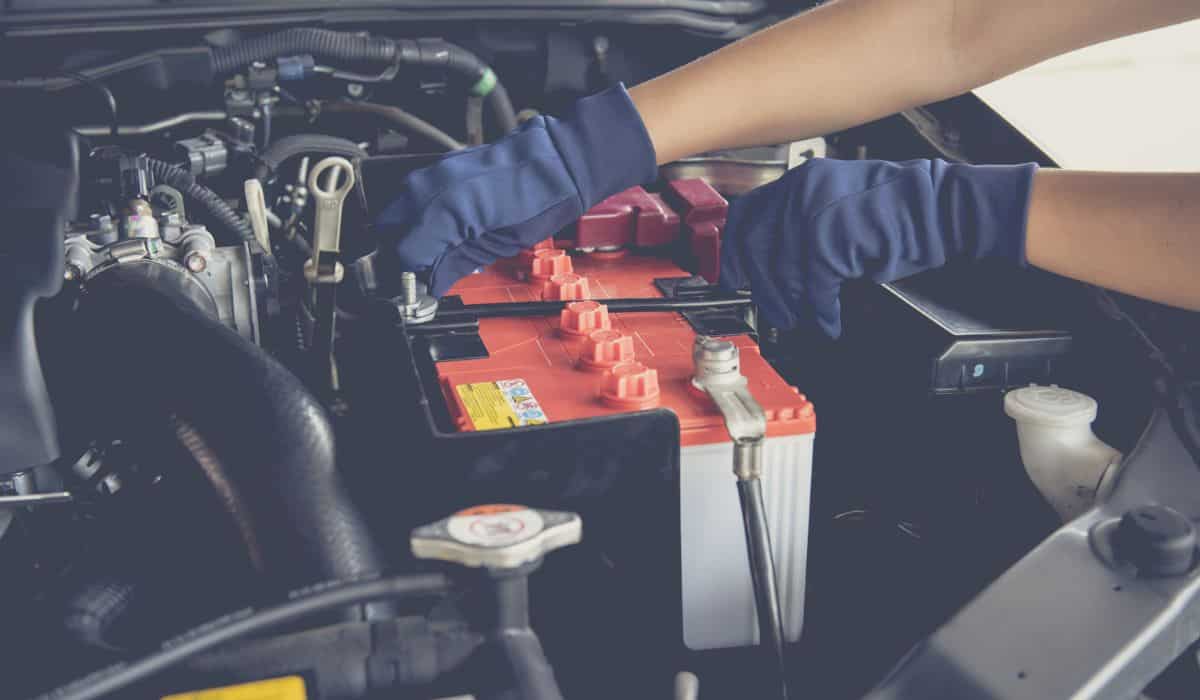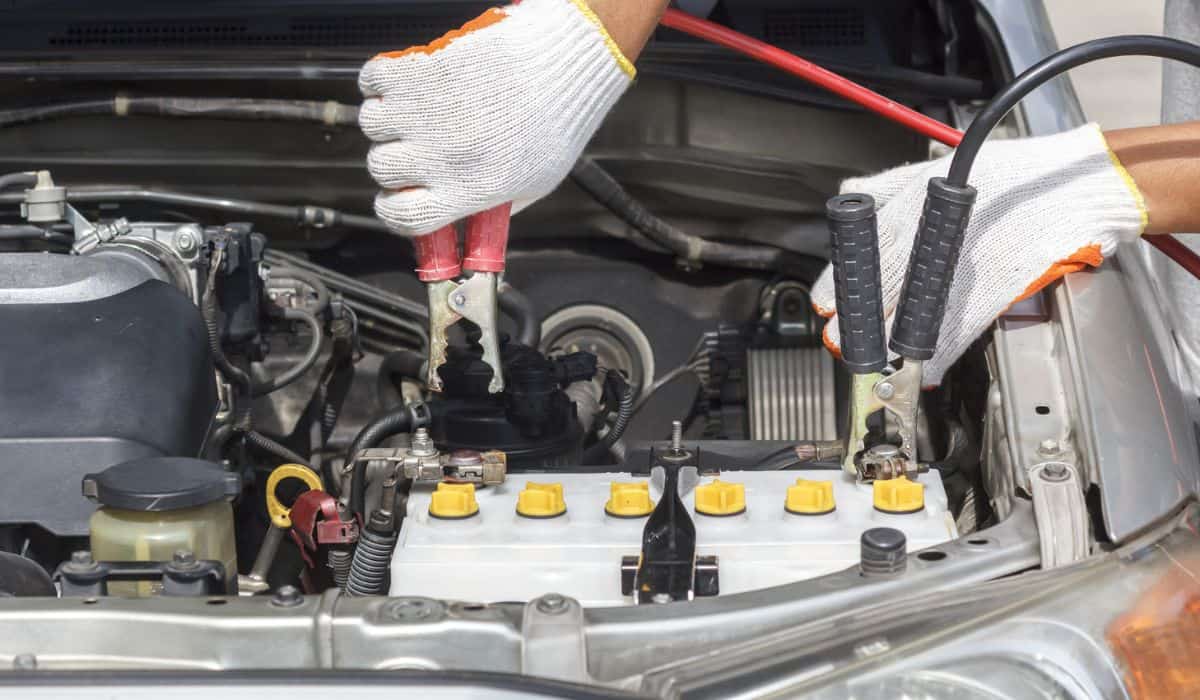Can A Car Battery Be Too Powerful? How To Choose The Right Battery
Nowadays, car manufacturers design their vehicles to incredibly tight specifications, and using the wrong-sized battery can cause several different problems. While it’s not necessary to use a battery from the car’s manufacturer, make sure you always replace your car battery with the recommended output and size.
A car battery that’s too powerful can overcurrent and damage your car’s fuse panel or onboard computer. Using a battery that’s too small can also result in starting problems and cause long-term damage. It’s always best to choose a battery that meets the manufacturer’s requirements.
Let’s take a closer look at whether a battery can be too powerful for a car, what will happen if you use the wrong-sized battery, and how you can assess the right battery size you need, so that you don’t have to worry about damaging your car.
Can a Battery Be Too Powerful for a Car?

A larger-capacity battery can be too powerful for your car. The extra power can change the currents, leading to surges and spikes that might damage the vehicle’s fuse panel or onboard computer.
Although it’s unlikely that a large battery will damage the computer, the alternator failure still makes damage a possibility. Your vehicle’s fuse panel will probably suffer the most damage.
However, it’s important to note that a larger battery that puts out the correct voltage won’t damage the alternator or any other electrical components of your car.
What Will Happen if You Use a Battery That’s Too Large?
Manufacturers design batteries and alternators to precisely match each vehicle’s power requirements. Using a battery that’s larger than the manufacturer’s recommendation can therefore lead to a wide range of problems.
Firstly, if you buy the battery online or from a big box store, you might find that it doesn’t actually fit inside your car’s battery compartment. Along with CCA (cold cranking amps) and amp ratings, car batteries are also available in a wide range of physical sizes, with different side-mount and top-mount configurations.
Plus, even if an oversized battery physically fits in your car’s battery compartment, it could still cause other issues. For example, if you use a mismatched alternator/battery combo, then the alternator could overheat, resulting in increased repair costs and a shortened life.
What About a Battery That’s Too Small?
Naturally, using a battery that’s too small could result in starting problems. Each battery is rated by its life expectancy and CCAs, which measure its ability to provide enough juice to start your car’s engine in cold temperatures.
An undersized battery might also be unable to power the different accessories of your car, especially when it’s turned off. Even simply listening to the radio for an extended period could result in a dead battery.
Frequent short trips take a toll on almost all battery types, but they’re especially taxing on smaller batteries. If you frequently start your car and drive short distances all day, then your car battery might not be able to recharge fully.
Since the battery will continually be drawing a charge, it could overheat the alternator and cause long-term damage.
How to Assess What Size Battery You Need
The size of the battery will significantly affect the functionality of your car. There’s a huge difference between a large work truck and a small two-door car, which is why each vehicle needs a different power level to start the engine.
It’s important to note that there’s no one-size-fits-all battery that’s suitable for every car. In fact, the right battery size will depend on the battery’s type, terminal configuration, and physical size, as well as the amp-hour and CCA ratings.
Ultimately, it’s best to choose the battery size recommended by your manufacturer. You can find your car’s battery group size in the battery portion of your owner’s manual or on the side or the top of the battery itself.
How Many CCAs Does My Car Battery Need?

The number of CCAs that your car battery needs primarily depends on the size of your vehicle’s engine. A rule of thumb is that your car battery should have at least one CCA for each cubic inch of engine displacement, and two CCAs for each cubic inch if you have a diesel engine.
But what exactly is engine displacement? It’s simply a measure of the displaced volume of air caused by the up-and-down motion of the pistons in your car’s engine cylinders.
The number of cylinders, the area of the pistons, and how far they move are all used to measure engine displacement. Fortunately, you won’t have to do this calculation yourself, as vehicle manufacturers already provide CCA requirements for every engine and model they produce.
Check the owner’s manual or visit the manufacturer’s website to find this information, especially if you’ve purchased a used vehicle. It could be possible that the original owner replaced the battery with a model that doesn’t meet the car’s CCA standards.
When choosing a replacement car battery, make sure you purchase one that meets the manufacturer’s specifications.
